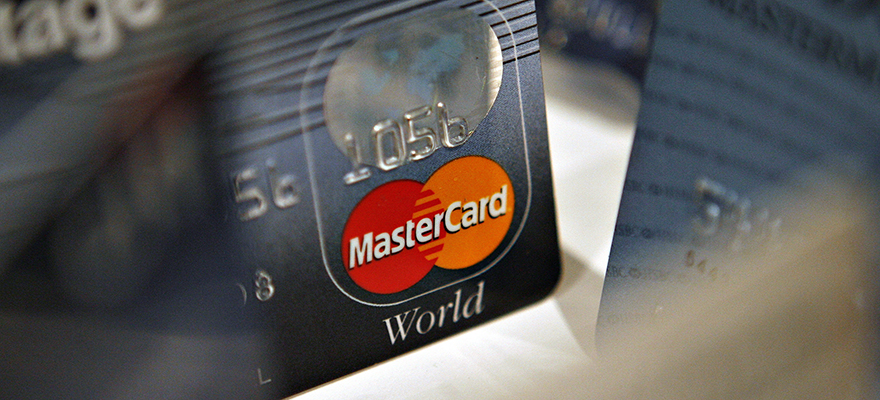Fintech
Macroeconomic Factors Affect Consumer Spending as Mastercard Shares Slip

As the decline in macroeconomic factors persists globally, consumer spending via payment giant Mastercard has continued to decline along with the company’s shares.
The company shares slipped 1.1% to $378.35 yesterday morning in New York trading after it warned revenue growth would slow faster than expected in the first quarter (Q1), noting that the high cost of inflation has impacted consumer spending.
It further disclosed that spending on its cards increased by 11% to $1.73 trillion in the fourth quarter, missing the $1.77 trillion average estimated by analysts.
Net revenue for the fourth quarter (Q4) jumped 12% to $5.82 billion, in line with the $5.8 billion average analyst estimate. The company reported earnings of $2.53 billion for the final quarter of the year, at a share price of $2.62.
MasterCard expressed concern that its revenue for the first quarter (Q1) would climb by a percentage in the high end of the high single digits, meanwhile analysts predict it would increase by 10%.
Speaking about the impact of the Macroeconomic factors on its card usage, Mastercard CEO Michael Miebach said in a statement, “While Macroeconomic and geopolitical uncertainty persists, consumer spending has been remarkably resilient. We are well prepared to adjust our investment profile quickly if needed”.
“Meanwhile if we look at the broader economy, we see a continued recovery of cross-border travel, with volumes up 59% versus a year ago and were encouraged by Asia opening up further”.
Investors King understands that Mastercard and its rival Visa Inc. have disclosed that so far, the surging inflation hasn’t affected consumers’ overall spending patterns, instead card customers have shifted their spending to lower-cost items or generic brands.
Meanwhile, consumer spending is proving to be resilient in the face of surging inflation in the U.S., but spending on goods, led by food and beverages, gasoline and motor vehicles, declined in the third quarter of last year.
According to MasterCard SpendingPulse, which measures in-store and online retail sales across all forms of payment, U.S. retail spending excluding automotive increased +11.2% year-over-year during the holiday season last year, running from November 1 through December 24.